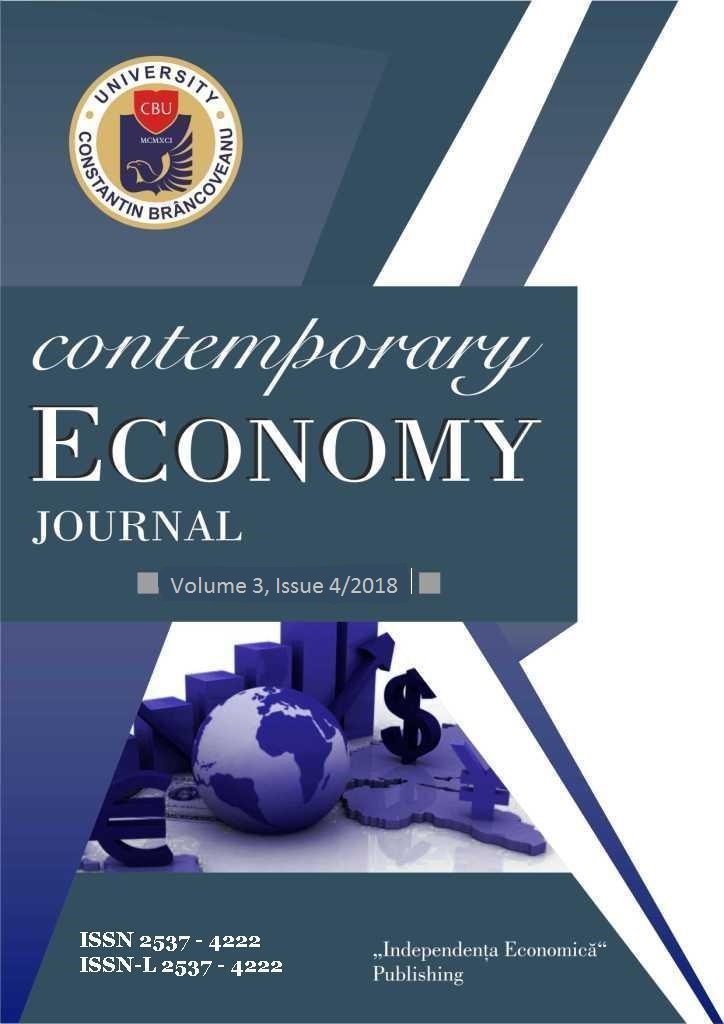CREDITELE DEFAULT SWAP ȘI PROGNOZELE MACROECONOMICE - CUM SE POT INFLUENȚA RECIPROC?
CREDIT DEFAULT SWAPS AND MACROECONOMIC FORECASTS - HOW CAN THEY INFLUENCE EACH OTHER?
Author(s): Alina Georgeta Ailincă, Cătălin DrăgoiSubject(s): Economy
Published by: EDITURA INDEPENDENŢA ECONOMICĂ
Keywords: CDS; Forecasts; Sovereign risk; Romania;
Summary/Abstract: Credit default swaps is an increasingly used tool forassessing access to external funding, although any increase in investors' riskaversion may influence their quotations. Vulnerabilities and tensions at theinternational and regional level may lead to increased volatility in financial markets, increase risk aversion to investors, influence macroeconomic forecasts and ratings of rating agencies, increase credit spreads volatility swaps, tighten exchange rates and inflation and may also affect access to sovereign foreign financing. Also, macroeconomic forecasts, whether favourable or unfavourable, influence the value of CDS quotations. Therefore, deviations from the reality of the forecasts may have clear negative effects on CDS, sovereign risk and macroeconomic realities that they should reflect. When forecasts are more unfavourable than in reality, the CDS may tend to grow, and this growth can lead to the deterioration of macroeconomic reality and implicitly forecasting, causing a negative snow ball effect. Thus, this article aims to analyze the link between CDS, sovereign risk, macroeconomic developments and forecasts for Romania. The article aims to provide a number of solutions to alleviate these short comings.
Journal: REVISTA ECONOMIA CONTEMPORANĂ
- Issue Year: 3/2018
- Issue No: 4
- Page Range: 190-197
- Page Count: 8
- Language: English

